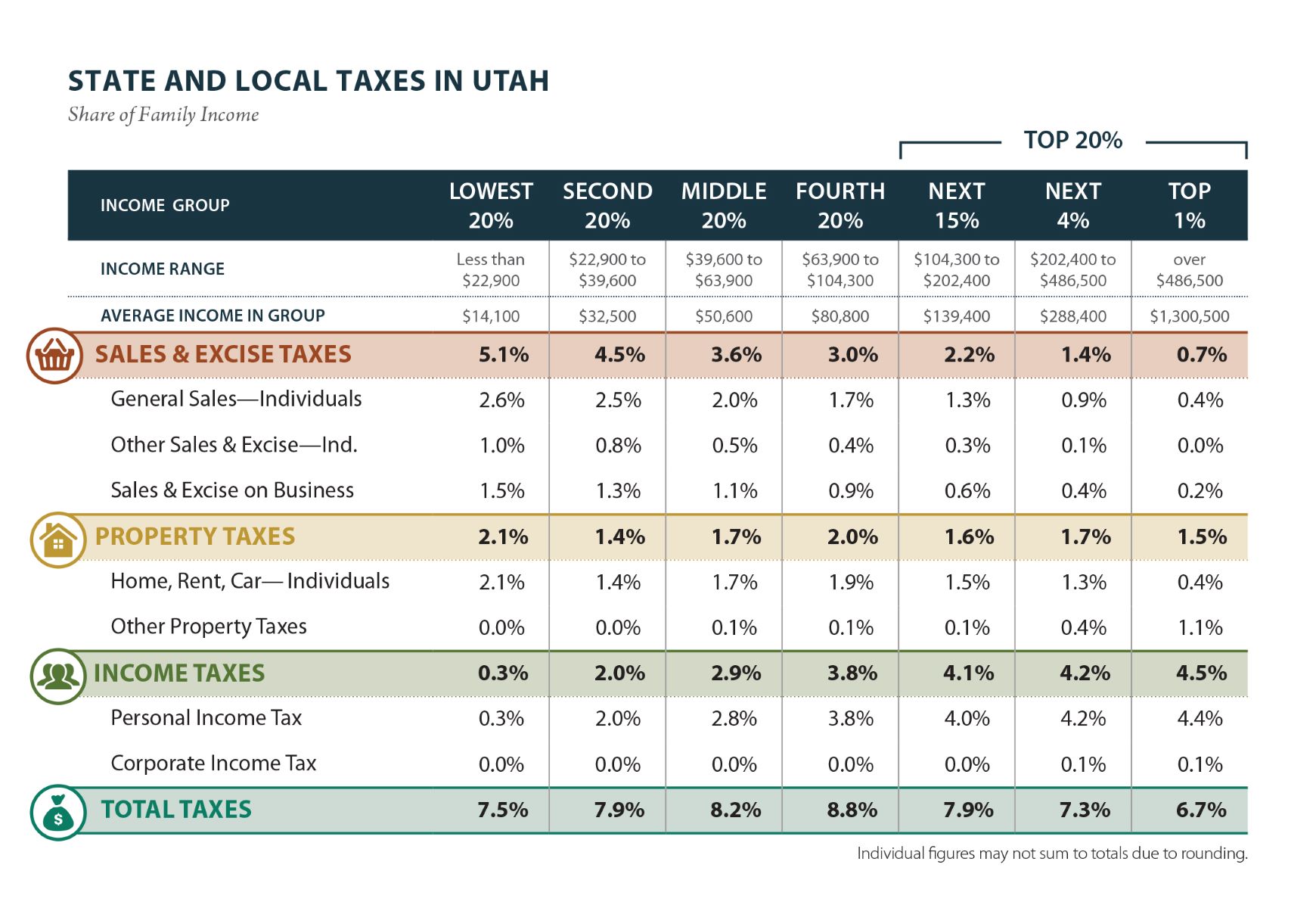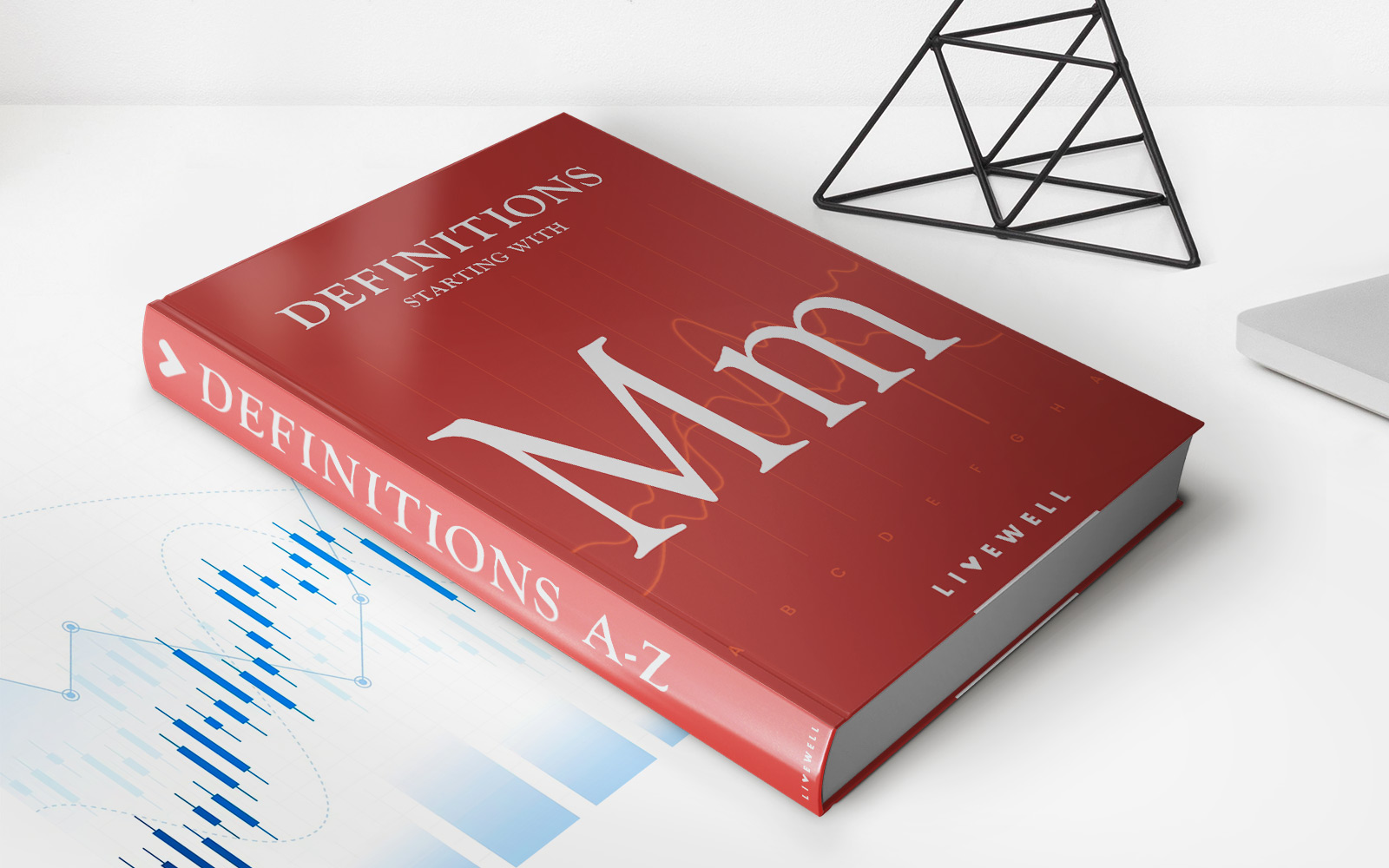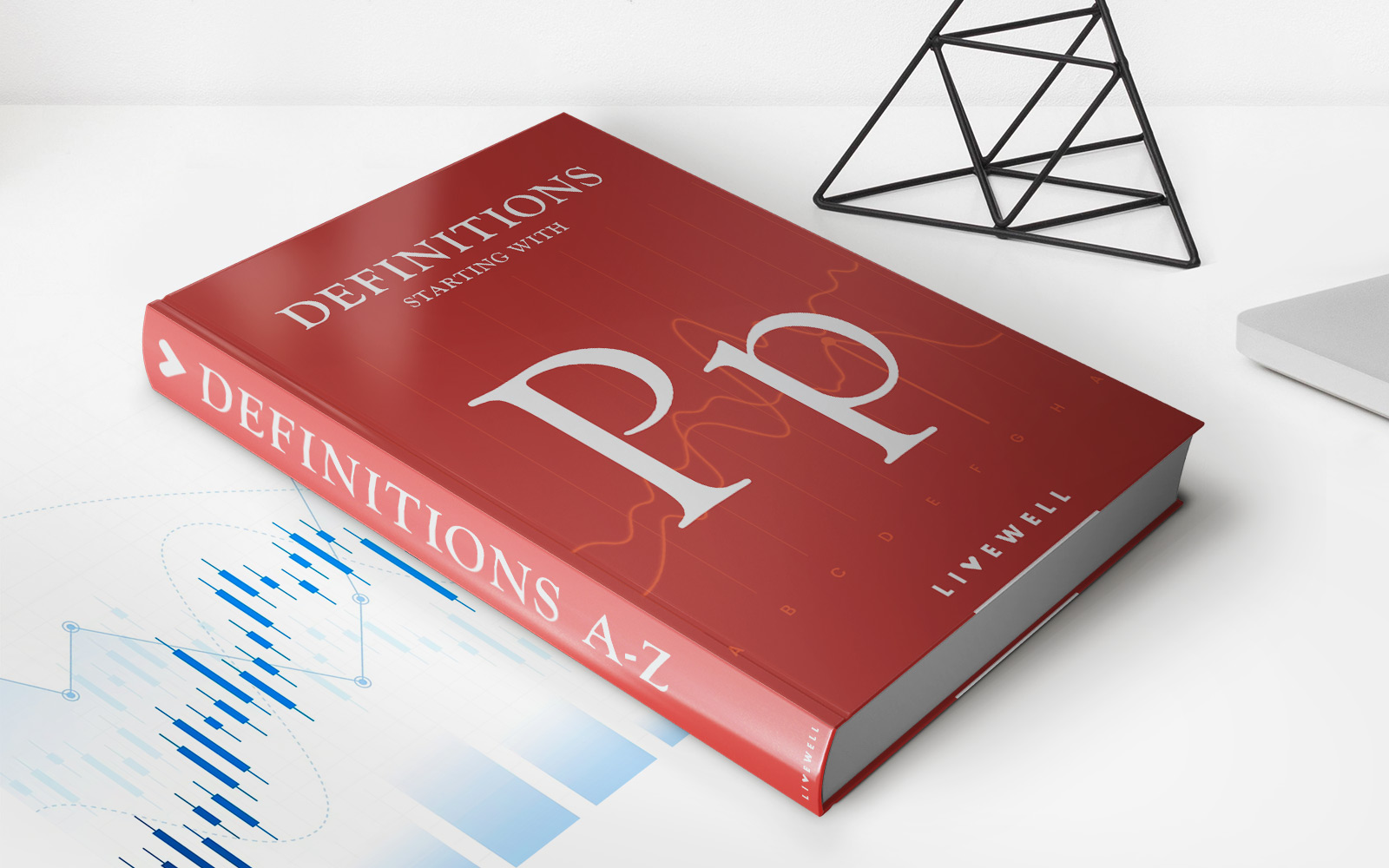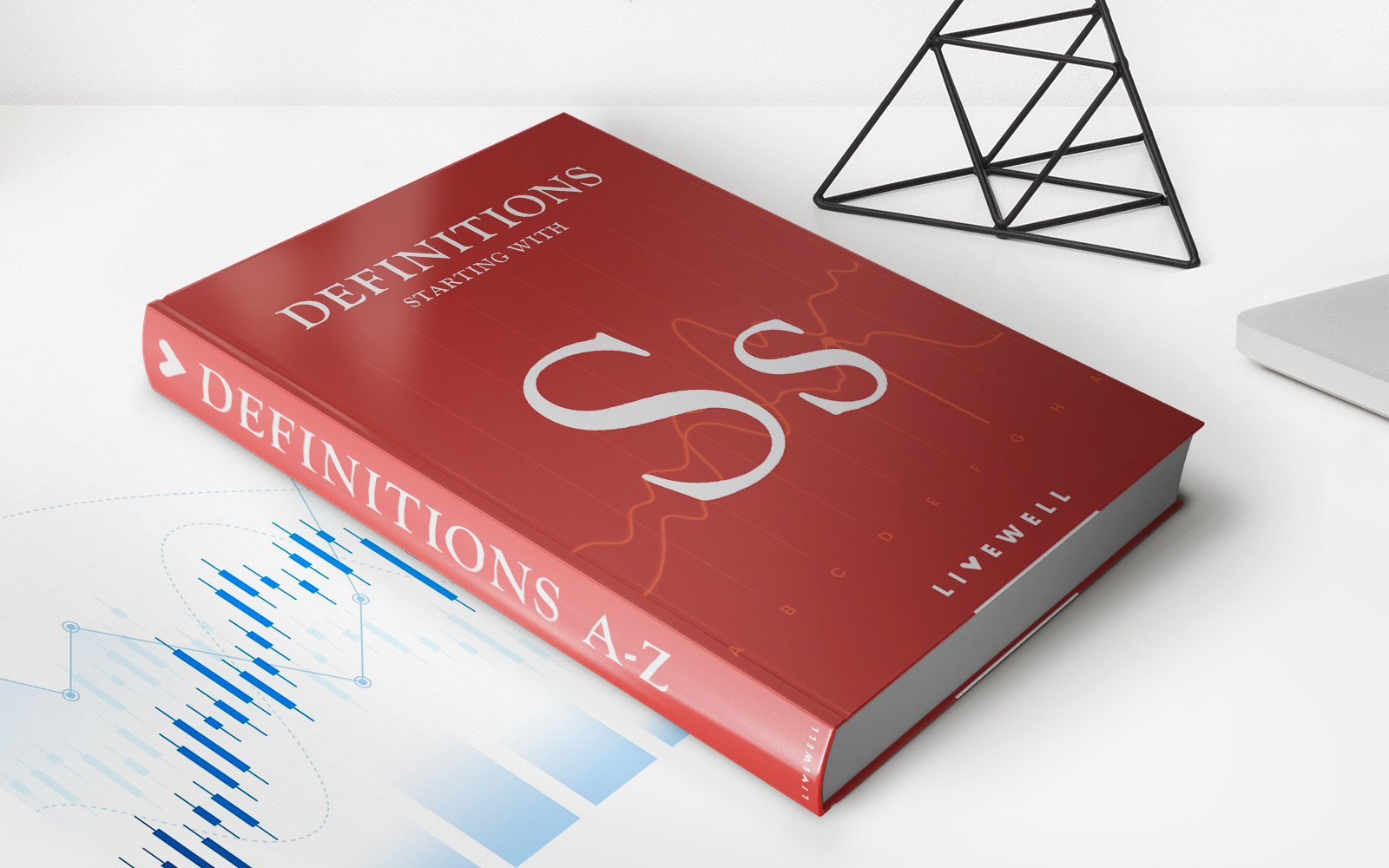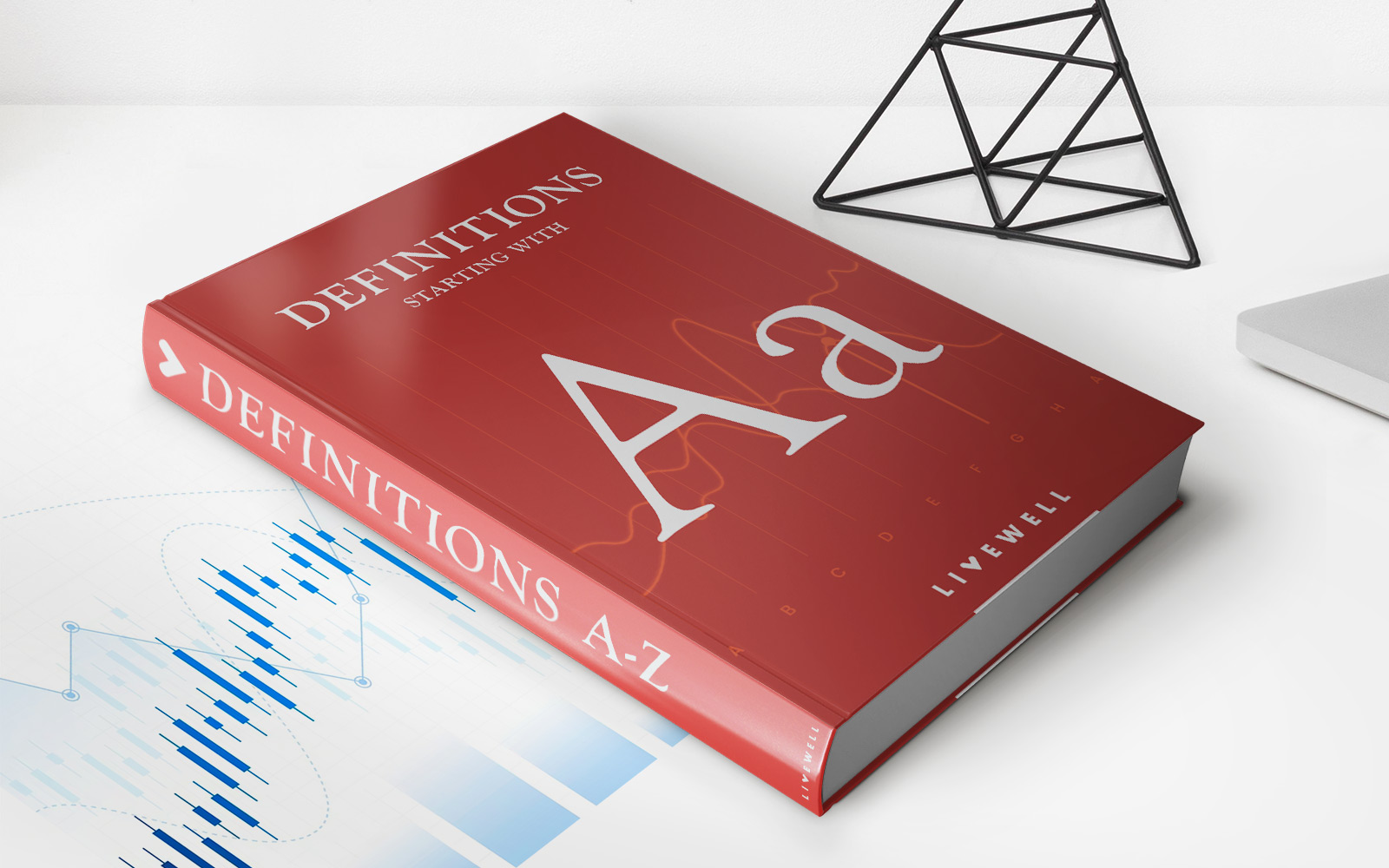

Finance
How Much Is Virginia State Income Tax
Modified: February 21, 2024
Discover how much you'll pay in Virginia state income tax. Plan your finances wisely to avoid surprises. Find out more here.
(Many of the links in this article redirect to a specific reviewed product. Your purchase of these products through affiliate links helps to generate commission for LiveWell, at no extra cost. Learn more)
Table of Contents
Introduction
Welcome to our guide on Virginia State Income Tax! Taxes are an integral part of our lives, and understanding how they work is crucial for managing our finances. Virginia state income tax is a key component of the state’s revenue system, serving as a means to fund public services and infrastructure. Whether you’re a resident or a non-resident earning income in Virginia, it’s important to familiarize yourself with the state’s tax laws to ensure compliance and optimize your financial planning.
In this article, we will provide you with an overview of how Virginia state income tax works, including information on determining taxable income, tax rates and brackets, deductions and credits, filing requirements, and any special considerations you need to be aware of. By the end of this guide, you should have a clearer understanding of Virginia’s state income tax system and be better equipped to navigate your tax obligations.
Please note that while we strive to provide accurate and up-to-date information, tax laws and regulations can change. It is always a good idea to consult a tax professional or refer to the Virginia Department of Taxation’s official website for the most current information.
Overview of Virginia State Income Tax
Virginia imposes a state income tax on individuals and businesses, based on their taxable income. The state’s income tax system is progressive, which means that tax rates gradually increase as income levels rise. Understanding the basics of how Virginia state income tax works is essential for complying with tax laws and effectively managing your finances.
For individuals, Virginia follows a “taxable income” model, where various deductions and exemptions are subtracted from your gross income to arrive at your taxable income. This taxable income serves as the basis for calculating your income tax liability. It’s important to note that Virginia’s tax laws align with the federal tax treatment of income and deductions, so changes made at the federal level can impact your Virginia state income tax as well.
Virginia’s income tax rates for individuals range from 2% to 5.75%, depending on your taxable income. The tax rates are tiered, with higher income levels subject to higher tax rates. The state uses different brackets to determine the applicable tax rate, ensuring that individuals with lower incomes pay a lower rate, while those with higher incomes pay a higher rate.
Businesses in Virginia are subject to a separate income tax, with tax rates ranging from 4% to 6% depending on the type of business entity. Virginia also imposes a “throwback rule” for corporations that generate income from sales outside of the state. This rule requires the inclusion of certain out-of-state income in the taxable income calculation for Virginia tax purposes.
In addition to the regular income tax, Virginia also collects a 5.3% tax on interest and dividends. This tax is calculated on the interest and dividend income reported on your federal tax return, but certain exemptions and deductions are available to reduce the tax liability.
Overall, Virginia state income tax plays a significant role in funding public services such as education, healthcare, public safety, and transportation infrastructure. By understanding the basics of the state’s income tax system, you can ensure proper compliance and make informed financial decisions.
Determining Taxable Income
Determining taxable income is a crucial step in calculating your Virginia state income tax liability. It involves analyzing your gross income and making deductions and adjustments to arrive at the amount subject to taxation.
In Virginia, taxable income is generally based on the federal adjusted gross income (AGI). Your federal AGI serves as the starting point for determining your Virginia taxable income. However, there are several adjustments and additions that need to be considered.
Some common adjustments to federal AGI made for Virginia tax purposes include certain deductions that are allowed at the federal level but not for state tax purposes. For example, Virginia does not conform to the federal deduction for state and local sales tax, so this deduction is added back to your federal AGI for state tax purposes.
In addition to adjustments, Virginia also provides certain deductions and exemptions that can further reduce your taxable income. Deductions allowed by the state include student loan interest deduction, retirement income subtraction, and deduction for military retirement pay. These deductions can significantly lower your taxable income and ultimately reduce your tax liability.
Virginia also offers personal exemptions, which allow individuals to claim exemptions for themselves, their spouses, and dependents. Each exemption reduces your taxable income by a specific amount. It’s important to note that the availability and amount of exemptions may vary, so it’s recommended to refer to the current Virginia Department of Taxation guidelines for the most accurate information.
Once you have made all necessary adjustments, additions, deductions, and exemptions, you will arrive at your Virginia taxable income. This amount will then be used to determine the appropriate tax rate and calculate your final tax liability.
It’s important to note that determining taxable income can be complex, especially for individuals with unique financial circumstances or those with multiple sources of income. Seeking the assistance of a tax professional or utilizing tax software can help ensure that you accurately calculate your taxable income and maximize available deductions and exemptions.
Tax Rates and Brackets
Virginia state income tax rates are progressive, meaning that the tax rates increase as your taxable income rises. The state uses different brackets to determine the applicable tax rate for each income level. Understanding the tax rates and brackets is essential for estimating your tax liability and planning your finances accordingly.
As of 2021, Virginia has five tax brackets for individuals, with tax rates ranging from 2% to 5.75%:
- 2% tax rate for taxable income up to $3,000
- 3% tax rate for taxable income between $3,001 and $5,000
- 5% tax rate for taxable income between $5,001 and $17,000
- 5.75% tax rate for taxable income between $17,001 and $70,000
- 5.75% tax rate for taxable income over $70,000
It’s important to note that these tax rates are applicable to single filers as well as married couples filing jointly. If you are married and filing separately, the tax brackets may differ slightly.
It’s also worth mentioning that married couples filing jointly have the option to file separate tax returns using the “splitting” method. This method allows each spouse to report their income separately and apply different tax rates based on their individual incomes. However, it’s recommended to consult a tax professional to determine if filing separately or jointly is more advantageous for your specific situation.
In addition to the regular tax brackets, Virginia also imposes a 5.3% tax on interest and dividends. This tax is separate from the income tax and is calculated on the interest and dividend income reported on your federal tax return. However, certain exemptions and deductions may apply to reduce the tax liability for interest and dividend income.
By understanding the tax rates and brackets, you can get a clear idea of how much state income tax you may owe based on your taxable income level. This knowledge can help you effectively plan your finances, make informed decisions, and potentially explore ways to reduce your tax burden through deductions and exemptions.
Deductions and Credits
When it comes to reducing your Virginia state income tax liability, taking advantage of deductions and credits can be extremely beneficial. Deductions allow you to subtract certain expenses or contributions from your taxable income, while credits provide a direct reduction of your tax liability. Let’s explore some of the deductions and credits available in Virginia.
Virginia offers various deductions that eligible taxpayers can utilize to lower their taxable income. Some common deductions include:
- Student Loan Interest Deduction: You can deduct up to $2,500 of student loan interest paid during the tax year.
- Retirement Income Subtraction: If you’re 65 years or older, you can subtract up to $12,000 of qualified retirement income.
- Military Retirement Pay Subtraction: Members of the military can subtract up to $15,000 of military retirement pay.
- Mortgage Interest Deduction: You can deduct mortgage interest paid on your primary residence and one additional property, subject to certain limitations.
These deductions can significantly reduce your taxable income, thereby lowering your overall tax liability.
In addition to deductions, Virginia also offers tax credits that directly reduce your tax bill. Some notable credits in Virginia include:
- Child and Dependent Care Credit: If you paid for child or dependent care while you worked or looked for work, you may be eligible for this credit.
- Earned Income Tax Credit (EITC): This credit is available for eligible low to moderate-income individuals and families, providing a valuable boost to their tax refunds.
- Elderly and Disabled Tax Credit: If you are 65 years or older or have a qualifying disability, you may be eligible for this credit.
- Land Preservation Tax Credit: This credit is available for landowners who donate or sell development rights to preserve open space and natural resources.
These tax credits directly reduce the amount of tax you owe, potentially leading to a lower tax liability or even a refund.
It’s important to review the specific eligibility criteria and requirements for each deduction and credit. Consulting a tax professional or referring to the Virginia Department of Taxation’s official website can provide you with accurate and up-to-date information regarding deductions and credits that may apply to your situation.
By taking advantage of applicable deductions and credits, you can effectively reduce your Virginia state income tax liability and potentially keep more money in your pocket.
Filing Requirements
Understanding the filing requirements for Virginia state income tax is essential to ensure compliance and avoid penalties. The requirements can vary depending on your filing status, income level, and residency status. Let’s explore the filing requirements for individuals in Virginia.
If you are a Virginia resident, you generally need to file a state income tax return if your Virginia adjusted gross income (AGI) meets the filing threshold. For the tax year 2021, the filing thresholds are as follows:
- Single filers or married individuals filing separately: If your Virginia AGI is $11,950 or more, you are required to file a return.
- Married couples filing jointly: If your Virginia AGI is $23,900 or more, you are required to file a return.
It’s important to note that these thresholds may change each tax year, so it’s crucial to review the Virginia Department of Taxation’s guidelines for the most current information.
If you are a non-resident of Virginia but earned income from sources within the state, you may also have a filing requirement. Non-residents generally need to file a Virginia state income tax return if their Virginia-source income exceeds certain thresholds, which are $11,950 for single filers and $23,900 for married individuals filing jointly in 2021.
It’s important to gather all necessary documents and forms before filing your Virginia state income tax return. This includes your W-2 forms, 1099 forms, and any other relevant income and deduction documents. Additionally, if you have claimed credits or deductions, make sure to have the appropriate supporting documents available.
Virginia taxpayers have multiple options for filing their state income tax return. You can file electronically using the Virginia Department of Taxation’s online services, which offers a convenient and secure way to submit your return. Alternatively, you can file a paper return by mail.
It’s important to file your Virginia state income tax return by the deadline, which is typically May 1st for most individuals. However, the due date may vary, so it’s crucial to check for any changes or extensions each year.
Failure to file your Virginia state income tax return on time or failure to pay the amount owed can result in penalties and interest charges. It’s advisable to file your return and pay any tax due promptly to avoid these additional costs.
Consulting a tax professional or utilizing tax software can help ensure that you meet the filing requirements and accurately complete your Virginia state income tax return. It’s always recommended to seek professional advice if you have questions or need assistance with your tax filing obligations.
Special Considerations
When it comes to Virginia state income tax, there are a few special considerations that individuals should be aware of. These considerations may affect specific groups of taxpayers or involve unique circumstances that require additional attention. Let’s explore some of these special considerations:
- Estimated Tax Payments: If you anticipate owing more than $150 in state income tax for the tax year and expect your withholding and credits to be less than 90% of your current year’s tax liability, you may need to make estimated tax payments throughout the year. These payments help ensure that you meet your tax obligation and avoid underpayment penalties.
- Part-Year Residents: If you move in or out of Virginia during the tax year, you may be considered a part-year resident for state income tax purposes. Part-year residents need to allocate and report income earned both inside and outside of Virginia based on the specific time spent as a resident or non-resident.
- Nonresident Military Personnel: If you are a member of the military stationed in Virginia but maintain legal residence in another state, your military pay is generally not subject to Virginia state income tax. However, other types of income earned in Virginia, such as income from a second job or rental property, may still be subject to tax.
- Reciprocal Agreements: Virginia has reciprocal agreements with several neighboring states, including Kentucky, Maryland, Pennsylvania, and West Virginia. These agreements allow residents of one state to claim an exemption from income tax in the other state. It’s important to understand the rules and requirements of these agreements if you work or earn income in a reciprocal state.
- Taxpayer Rights Advocate: The Virginia Department of Taxation offers a Taxpayer Rights Advocate that serves as a resource for taxpayers with questions, concerns, or disputes regarding their state income tax matters. The Taxpayer Rights Advocate can provide assistance in resolving issues and ensuring compliance with tax laws.
These special considerations highlight the importance of understanding your unique tax situation and the specific rules and regulations that apply to you. It’s always recommended to seek professional advice or consult the Virginia Department of Taxation’s official website for the most accurate and up-to-date information regarding these special considerations.
By being aware of these considerations and taking the necessary steps to address them, you can navigate your Virginia state income tax responsibilities with confidence and ensure compliance with the state’s tax laws.
Conclusion
Virginia state income tax is a significant aspect of the state’s revenue system and understanding how it works is crucial for individuals and businesses alike. In this comprehensive guide, we have provided you with an overview of Virginia state income tax, including information on determining taxable income, tax rates and brackets, deductions and credits, filing requirements, and special considerations.
By understanding the basics of Virginia state income tax, you can ensure compliance with tax laws and make informed financial decisions. Determining your taxable income accurately, taking advantage of available deductions and credits, and meeting filing requirements are essential steps to manage your tax liability effectively.
Special considerations, such as estimated tax payments, part-year residency, nonresident military personnel, reciprocal agreements, and access to a Taxpayer Rights Advocate, require additional attention to ensure that you are correctly addressing your specific tax situation.
As tax laws and regulations can change over time, it’s recommended to consult a tax professional or refer to the Virginia Department of Taxation’s official website for the most up-to-date information and guidance regarding Virginia state income tax.
By staying informed and properly managing your Virginia state income tax obligations, you can navigate the tax system with confidence and optimize your financial planning. Taking the time to understand the rules and regulations will help you reduce your tax liability, stay compliant, and make the most of your financial resources.
Remember, taxes are an important aspect of our society, as they fund essential public services and infrastructure that benefit us all. By fulfilling your tax obligations responsibly, you are contributing to the well-being and development of the state of Virginia.


